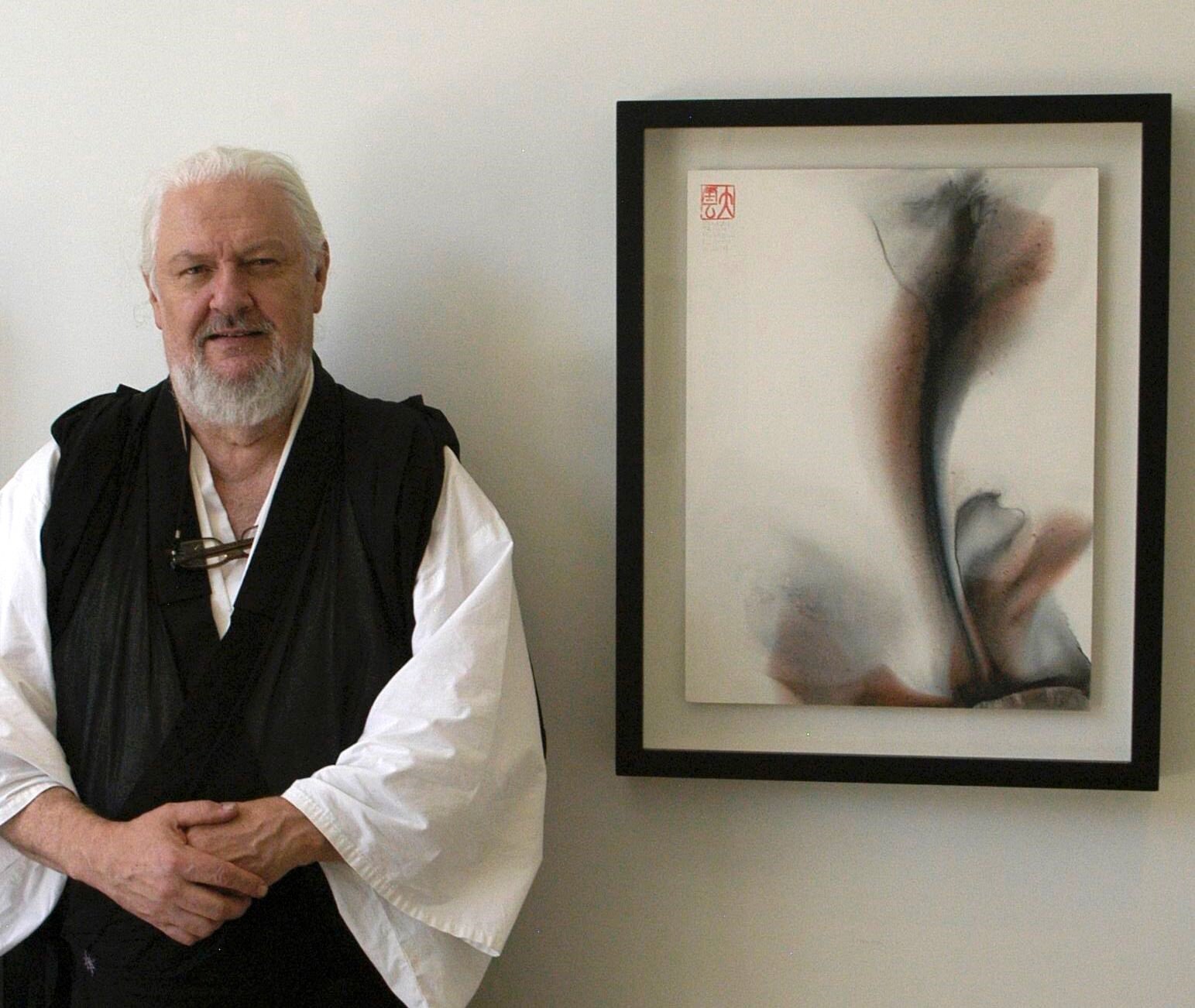9. First Noble Truth
SUBSCRIBE TO UNMIND:
RSS FEED | APPLE PODCASTS | GOOGLE PODCASTS | SPOTIFY
Suffering exists
as inexorable change.
It’s not aimed at you.
The first Noble Truth is not that “life is suffering,” as is the conventional rendering. Owing to this common misinterpretation of Buddha’s compassionate teachings, or Dharma, he may be regarded by many as a tragic figure who turned his back on life, and his teaching as a pessimistic world view. But Buddhism’s teachings are neither pessimistic nor overly optimistic. They are realistic.
Suffering is a poor translation of the Sanskrit word dukkha, which I understand as pointing to basic, universal and inexorable change. Because things change that we would rather stay the same, and things we would rather change stubbornly stay the same, we suffer. It is not the fault of existence itself, but rather more in our reaction to this fundamental condition of sentience. It is not personal. But as human beings, we take a lot of things personally, even if there is no such intent to be found.
A better way of stating the first Noble Truth may be that “There is no existence without change.” This is then simply a statement of physics on a cosmic scale. Galaxies colliding in outer space is dukkha. It is universal.
One of our most endearing and enduring desires is that we survive death. We want to imagine, or hope, that our “immortal soul” will dwell forever in paradise at the foot of God, after sloughing off this vale of tears. We envision eternity as some period to the end of time in which nothing changes, where the status quo is relentless, endless bliss, wherein there is no aging, sickness, or death, no downside of any kind. If we carry this to its imaginary extreme, we can see that such an existence would be a kind of hell. Or at its most abstract, or concrete, would be no existence at all. If there is no change, there is also nothing to experience. All that we experience, after all, is change.
It may be argued that we only perceive change against the lack of change, but this is on the relative, and not the absolute, level. The ancient Ch’an poem, Trust in Mind (C. Hsinhsinming) takes a stab at resolving this conundrum, in a description of transcendent experience that is not attainable in some hoped-for afterlife, but thought to be accessible in this lifetime:
No comparisons or analogies are possible
In this causeless relationless state
Take motion in stillness and stillness in motion
Both movement and stillness disappear
When such dualities cease to exist
Oneness itself cannot exist
To this ultimate finality no law or description applies
The ultimate finality, along with first causes, are issues debated in theological circles as well as in philosophy. But Zen is a philosophy of action. The most action we can take is sitting in zazen. So we come full circle, to confronting suffering on the cushion. It is surely the most comfortable way to do so.
Zenkai Taiun Michael Elliston
Elliston Roshi is guiding teacher of the Atlanta Soto Zen Center and abbot of the Silent Thunder Order. He is also a gallery-represented fine artist expressing his Zen through visual poetry, or “music to the eyes.”
UnMind is a production of the Atlanta Soto Zen Center in Atlanta, Georgia and the Silent Thunder Order. You can support these teachings by PayPal to donate@STorder.org. Gassho.
Producer: Kyōsaku Jon Mitchell


